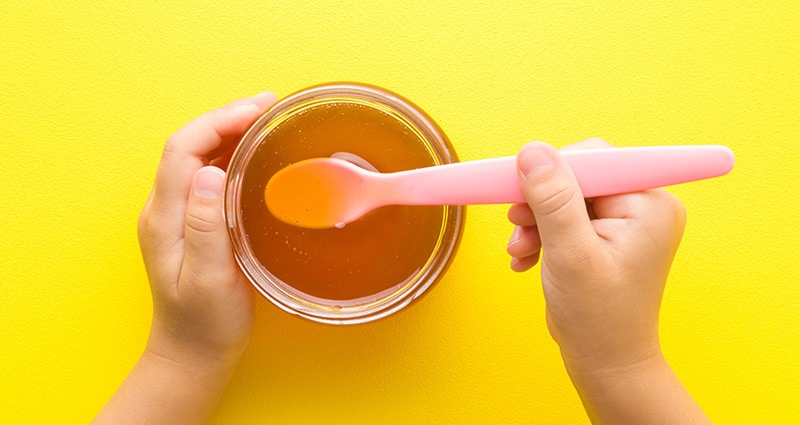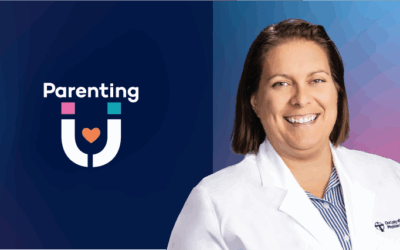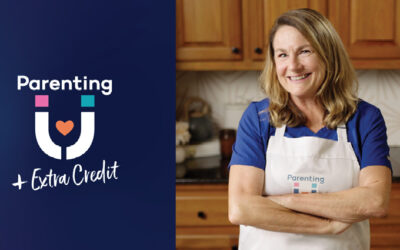Headaches, fevers and allergies – oh my! Little kids’ symptoms can sometimes feel very big, but when is it appropriate for a child to start taking the grown-up version of common medicines?
Jericho Bell, MD, St. Dominic’s pediatrician, provides answers to parents’ questions about managing over-the-counter medication to ensure their children receive safe and effective treatment for their health needs.
“Children are not simply little adults,” Dr. Bell says. “They are often more sensitive to side effects, especially medications that can cause drowsiness like antihistamines.”
Make sure to read medication labels carefully so you know what to look out for. Download our ibuprofen and acetaminophen dosing guide for those types of medicines.
Step 1: Learn to Swallow Pills
Consider a child’s age and developmental stage when determining what medicine would be most suitable. A child’s ability to swallow pills typically develops between ages 5 and 10.
“Once they develop this skill it really opens up possibilities,” she says. “Children take a lot of the same medications that adults take, but we do dose medications based on the child’s weight.”
Taking an appropriate-sized dose of an adult medicine can also be less expensive and easier, once dosage by weight calculation has been made. It also eliminates any battles over the taste of liquid medicine or chew tabs.
Risks and Complications
Take precautions when considering giving your child adult medication.
“Follow medication labels carefully for dosing and frequency,” she advises. Pay attention to maximum daily doses and contact your pediatrician if you have any questions.
Dr. Bell cautions against certain ingredients or formulations commonly found in adult medication that may be unsafe for children.
“Children should never be given any medication that contains aspirin due to a risk of developing a serious condition called Reye Syndrome,” she says. “Be aware of medications that contain acetaminophen (Tylenol), so your child is not receiving acetaminophen in multiple medications.”
Kids may have unexpected reactions to medicine.
“Children are often more sensitive to side effects, especially medications that can cause drowsiness, like antihistamines,” she says. “Sometimes kids have an opposite reaction to what you might expect, like Benadryl (diphenhydramine). Benadryl makes most adults sleepy, but it can cause a kid to be wired!”
Explore Alternative Treatments
Before considering adult medication, Dr. Bell recommends considering other remedies.
“One of my favorite remedies to recommend for children who are at least 1 year old is HONEY!” she says. “Honey is safe and yummy with no side effects! Multiple studies have shown that honey is actually more effective than commonly used cough and cold medications in small children.”
Do NOT give honey to babies younger than 1 due to risk of infant botulism.
Recognizing Red Flags
Dr. Bell shares what parents should watch out for that might indicate their child needs medical attention beyond over-the-counter medicine. This includes difficulty breathing, high fever, decreased activity level and decreased urine output.
“As a parent, you know your child best,” Dr. Bell says. “Listen to your ‘Mama’ or ‘Daddy’ gut. When in doubt, it’s never wrong to call your doctor.”




